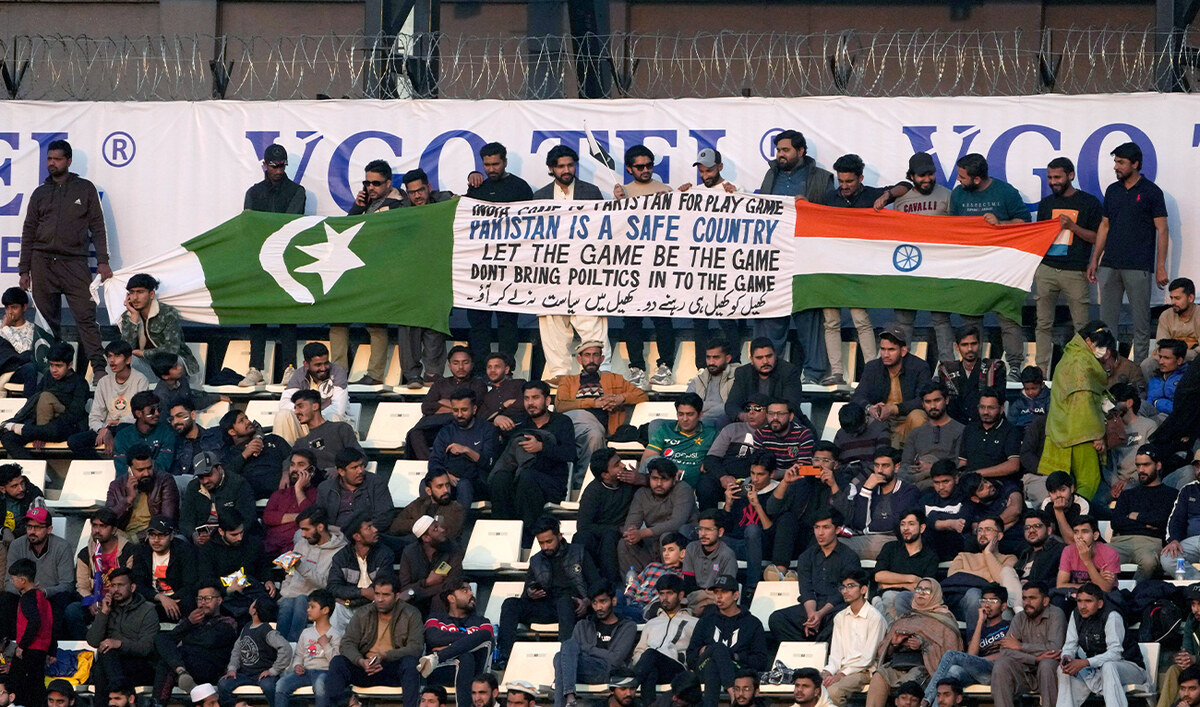ISLAMABAD: The Federation of Pakistan Chambers of Commerce & Industry (FPCCI) has set up the Pak-EU Business Forum to explore “untapped” trade, investment, economic and industrial collaboration potential between the South Asian nation and the regional economic alliance, FPCCI said in a statement this month.
Pakistan has become the largest beneficiary of the EU’s GSP+ preferential trade scheme in recent years, with its businesses increasing their exports to the EU market by 108 percent since the launch of the trade scheme in 2014. The EU is also Pakistan’s second most important trading partner after China, accounting for over 14 percent of Pakistan’s total trade and absorbing 28 percent of Pakistan’s total exports. Pakistan’s major exports to the EU – including textiles and garments, agricultural products and leather goods – are valued at $10 billion annually.
“Cracking the EU market in a substantive manner can transform the entire economy of Pakistan – as geographical contiguity and regulatory uniformity offers a huge market for Pakistani products in a number of industries, sectors and verticals,” FPCCI President Atif Ikram Sheikh said in a statement, calling on the need to diversify Pakistan’s export portfolio.
Zubair Baweja, the chairman of the Pak-EU Business Forum, said the main aim of setting up the platform was to “diversify, enrich, expand and value-add” Pakistan’s export-basket to the EU member states.
“It was decided to make working groups on different sectors and product categories for a focused and result-oriented facilitation to the trade and industry,” the statement quoted Baweja as saying.
Last month, the European Union’s mission in Islamabad reminded Pakistan that the trade benefits it received under the GSP+ scheme depended on progress the country made on addressing a list of issues, including human rights, saying “tangible” efforts remained essential.
The statement came after a visit to Pakistan by Ambassador Olof Skoog, EU Special Representative for Human Rights (EUSR), to engage the country on human and labor rights issues and to discuss Pakistan’s plans to address them, including in view of the ongoing assessment under the GSP+ trade scheme.
The GSP+ scheme grants beneficiary countries’ exports duty-free access to the European market in exchange for voluntarily agreeing to implement 27 international core conventions, including on human and civil rights.
Multiple developments on the human rights front have raised concerns over Pakistan’s GSP+ status in recent weeks. The EU has openly criticized Pakistan for sentencing over 80 civilians in army courts after charging them for anti-government riots in May 2023 in which military installations were attacked, saying it was “inconsistent” with Pakistan’s international obligations.
The country’s GSP+ status was once more in the spotlight last month after parliament passed a controversial cybercrime law that journalists and digital rights activists have widely said aims to crackdown against dissent on social media platforms. The government denies this.





















